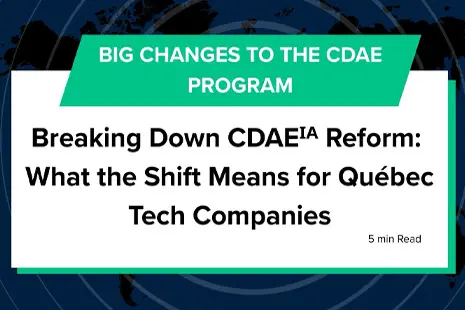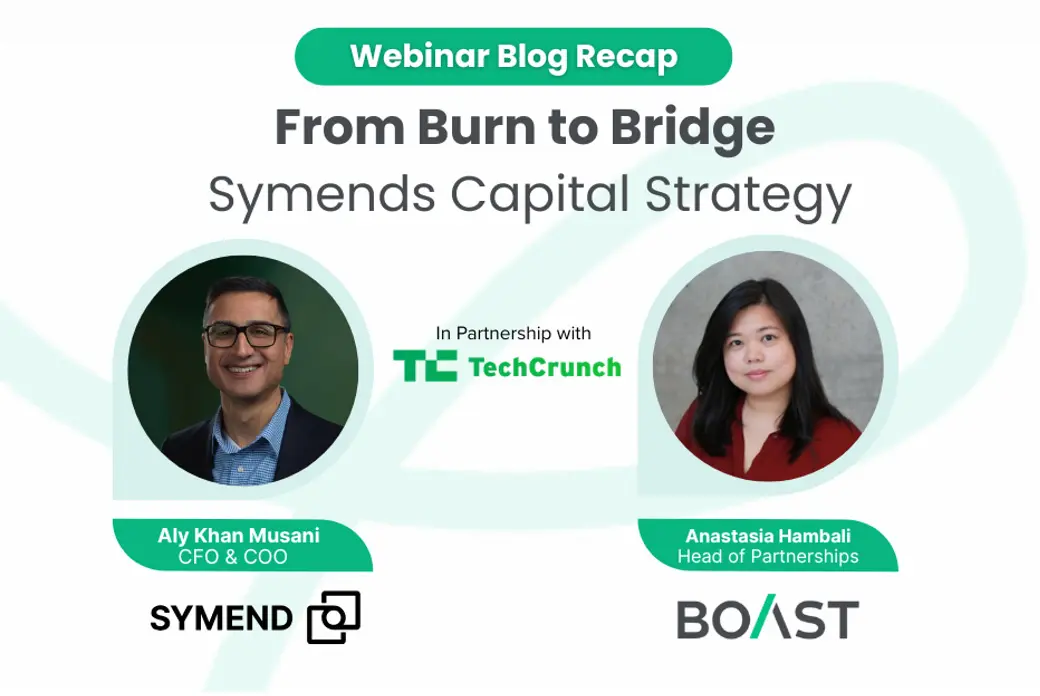Just like filing for innovation tax credits, navigating VC terms sheets requires both expertise and the ability to speak in very specific legal language—a skill that many founders simply don’t exercise in their day-to-day running a startup.
As we recently unpacked on the blog, while no two funding agreements are exactly the same, there are some key VC terms that founders should anticipate (and review critically) before signing with a venture capital partner.
If you haven’t already, check out Part 1 of this series to see some of the prevailing caveats that founders should consider when reviewing key portions of their VC term sheets. In this post, we’ll go a layer deeper to share a few more conditions that need to be closely reviewed and negotiated before signing.
Anti-Dilution Protection
These protections are tricky because they are often used by VCs as a way to hedge against poor performance in the future.
The long-and-short of these agreements are to provide a protection for VCs should the company start issuing stock at a lower valuation down the line compared to what’s reflected in the original term sheet (ie. your VC’s initial investment).
Weighted average anti-dilution protections are generally the most common agreements pitched during these negotiations. In these scenarios, the conversion price of the stock is reduced if the company eventually sells stock at a lower valuation, which functionally increases the conversion rate of the preferred stock held by early investors (ie. the VC). In this scenario, that preferred stock held by early investors gets adjusted each time more shares are issued and prices are slashed.
A more extreme anti-dilution protection (known commonly as a “death spiral” term) is one term that founders will want to avoid at all costs. In this framework (also called a full ratchet anti-dilution clause), the conversion price of existing preferred stock is reduced to match the price of new stock regardless of how many shares are issued. It typically leads to almost total dilution—and could be your startup’s death knell.
Redemption Rights
While these VC terms are generally used as bargaining chips (and are rarely exercised once agreed to), they still offer investors an opportunity to essentially “cash out” on their investment. In most scenarios, Redemption Rights dictate that investors can elect to have their investment “bought back” or redeemed at their original price, generally starting 5 years after the initial funding is secured.
It’s important to note that many investors won’t bake this into their Series A funding agreements. They’re instead more likely to show in future funding rounds . Still, it’s important for founders to ensure that if Redemption Rights become an unavoidable part of their initial term sheets, it’s important to bake in a repayment plan (ie. over three years) that doesn’t call for an immediate cash out.
Right of First Refusal
Under these very common terms (abbreviated as ROFR), if founders are interested in selling any of their shares, they are obligated to first offer them to the company, and then to investors, before exploring an outside buyer. The function here is to allow the founders to divest their ownership without otherwise changing the makeup of the existing shareholder base.
While founders generally find room to negotiate on ROFR terms (ie. if they want to transfer ownership to a family member), a big reason these terms are often baked in is to disincentivize founders from exiting in haste. That’s because a potential buyer will be less likely to want to navigate around ROFR deals unless the buyout is extremely attractive and worth the due diligence.
Co-Sale Rights
In the same vein of ROFR, Co-Sale Rights are another tool for investors to have a say in the sale of founders’ shares. These terms are often dictated on a prorated basis and are usually only exercised when a founder has landed a very high sale price for their share of the stock.
Drag-Along Rights
Another “stop-gap” in the event of a founder looking to sell, Drag-Along Rights enable all shareholders to participate in a vote to approve the sale of the company. In most cases (ie. during Series A), board members, common stockholders and preferred shareholders have a stake in these votes, while later-stage deals may be designed to only give the VC investors the right to vote.
VC Terms: Going forward
While no two VC terms sheets are identical, they can start to look familiar after a while. Even if you have legal partners who are poring over the details of your term sheets, it’s important that you pay extra attention to the terms identified here and in our previous post to protect your stake in your startup.
Businesses that put a research and development at the heart of their operations—whether they are early stage in an emerging market, or an established startup that’s constantly evolving their product offering—have access to a wealth of non-dilutive funding that can fuel their runway without handing over equity.
Talk to an expert from Boast AI today to learn more about how we combine cutting edge technology with years of expertise—and a founder’s POV—to optimize your R&D and fund your innovation.

To effectively harness the power of AI and optimize their R&D efforts, businesses must adopt responsible practices. How can businesses responsibly and efficiently leverage AI to enhance their R&D processes? We break it all down in our ebook.


